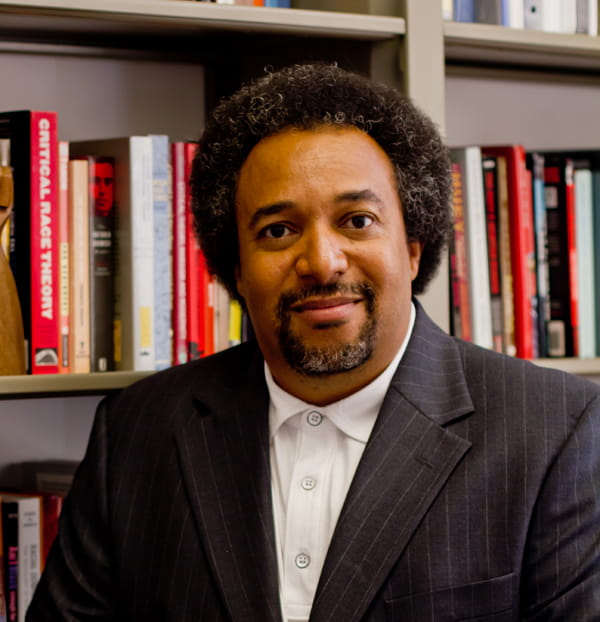Where Do We Go From the George Zimmerman Trial? Panel Will Discuss Race, Justice and Activism at Drexel

The trial of George Zimmerman, the neighborhood watchman who fatally shot black teen Trayvon Martin, captured the nation’s attention in recent months. The case touched off an intense national debate about race, underscoring our country's deep racial divide.
In the wake of the not-guilty verdict, many have expressed outrage, as evidenced by nationwide protests, over what they considered to be unfair and racially biased trial. Even President Obama weighed in on the case during a press conference following the trial, addressing issues of racial bias and profiling that afflict African American men.
In order to address these topics at a local level, the Africana Studies program in Drexel University’s College of Arts and Sciences will host a candid panel discussion on race, justice and activism on Saturday, July 27. The discussion and question-and-answer session will take place from 2 p.m. – 5:30 p.m. in Room 120 of the Papadakis Integrated Sciences Building (33rd and Chestnut Streets). It is free and open to the public.
Panelists will include:
- Patrice Armstead, grassroots organizer/activist and co-founder of Building People's Power
- Shesheena Bray, a counselor in the Upward Bound Program at the University of Pennsylvania, an activist for the Sankofa Community Empowerment and an organizer for the Askia Coalition Against Police Brutality
- Gabriel Bryant, an activist for the Sankofa Community Empowerment, director of the Young Men's Initiative - Philadelphia Futures, an organizer for the Askia Coalition Against Police Brutality and a radio host for G-Town Radio
- Dr. Anthony Monteiro, a distinguished lecturer and associate director of the Institute for the Study of Race and Social Thought at Temple University
- Dr. Donald Tibbs, an associate professor of law in the Earle Mack School of Law at Drexel University
According to Tibbs, racial profiling in cases like the Zimmerman trial is nothing new, and in the past year, an unarmed black male was killed nearly every day in situations similar to those of Trayvon Martin.
“Racial profiling is real in America and pretty much every African American man has experienced it at some point in his life,” said Tibbs. “Profiling is using some type of information that you have at your hands to act as a proxy for other information. You can use race as a proxy for guilt and criminality if you can associate race, particularly blackness, with the face of criminality."
Conversations about race are a step in the right direction, according to Tibbs. “We have to be willing to openly confront [racism] and admit it," he said. "Having this conversation is extremely important, and it’s okay if people disagree, but we at least have to have some type of reasoned discourse. We cannot approach the world through a ‘colorblind’ lens because ‘colorblindness’ is not real.”
Tibbs also said he is encouraged by the peaceful protests that have been taking place across the country in the aftermath of the trial. “Change doesn't happen unless there is some type of social movement involved. Over and over again throughout history we’ve seen that all of the changes that have happened in America related to race have all been connected to some type of social movement. Trayvon Martin’s death has sparked a movement.”
Tibbs, whose expertise focuses on the overlapping issues of race, law, civil rights and criminal procedure, is the author of From Black Power to Prison Power: The Making of Jones v. North Carolina Prisoners' Labor Union (2012). He is currently writing a book that critiques the problems associated with black male innocence under American law.
Drexel News is produced by
University Marketing and Communications.
